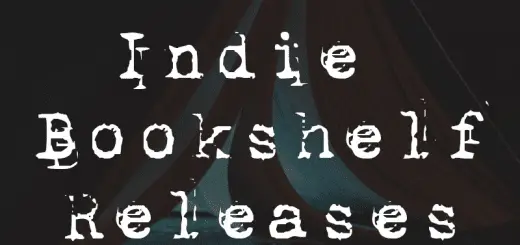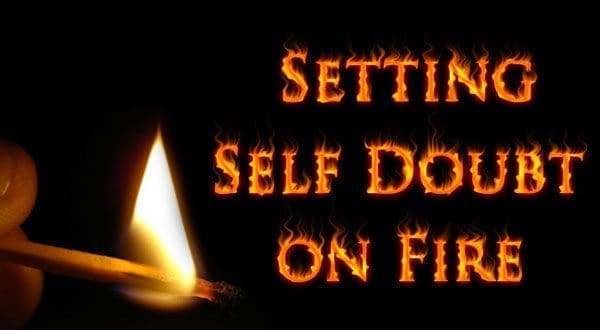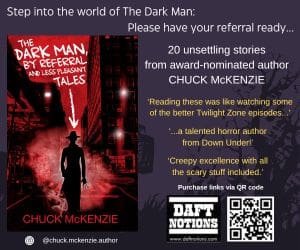Does the Horror Genre have Cultural Value? 3 Reasons Why the Answer is Yes

Does the Horror Genre have Cultural Value? 3 Reasons Why the Answer is Yes
The horror genre has existed for as long as films have captured the imagination of generations. Before horror movies, there were horror books, and before books there were horror stories. The feeling of terror, the sensation of fear, and the jumpy feeling your heart gets when something happens in a horror movie have always been eaten up by the general population. However, for a long time, the horror genre was considered incredibly taboo. Whether this was to do with the traditional beliefs of the times, the religious basis thought which aligned the horror genre with sin and Satan, or just a generic dislike of the genre; I do not know. Many people think that horror is unimaginative and simply based on scaring people and nothing else; usually assuming a weak storyline or sub-par acting. Here are three reasons (of the many that there are), that the horror genre holds an important cultural power and stands in good stead amongst its genre competitors.
1: Its Cathartic Nature as a Genre
Even looking back as far as the traditions of Ancient Greece, art, books, culture, music, and other forms of expression have helped people confront and process their emotions through either positive or negative catharsis. This can be specifically aligned from horror to the tragedies written and performed in Ancient Greece. Horror is well known for assisting people in realising and confronting their fears and often starting to understand them.
Cathartic release, often achieved through this process of confronting and realising important fears and emotions; is natural to the function of the human psyche. Although cathartic release can be found in many genres, it is most prominent and prevalent in the horror genre. Mollie Christy, an arts writer at Write My X and 1Day2Write, commented, “This catharsis is not solely found in movies with happy endings or easy resolutions; but is also found in the highs, lows, ups, downs, and overall adrenaline journeys which horror movies and books present for their audiences.”
2: Societal Influence & Cultural Representation
One of the best ways to understand a culture and how people from that culture view the world is to study their horror. By looking at the horror genre which comes out of a culture, it is easy to understand important aspects of their culture as a whole. The way that horror is birthed and written differs between people from separate backgrounds, different countries, genders, and cultural upbringings. Hannah Germaine, a culture blogger at PhD Kingdom and Britstudent, noted, “The monsters which are created, the heroes who succeed, the victims, and the fears which are highlighted will differ from culture to culture.” The horror genre allows a unique look into what people from a specific background find scary, what they truly fear, and what they trust.
3: The Deep Dive into Human Darkness it Provides
The 19th century showed a deep dive into the more positive side of human emotions through describing feelings such as love, happiness, joy, and imagination. However, certain authors such as Edgar Allan Poe and Emily Dickinson decided to flip this trend right on its head. They decided to explore the darker side of human emotion and expression. Their works centred around death, loss, grief, insanity, and depression and sadness. Though this is melancholy to look at and often to take in as a reader, the exploration of these emotions is just as important as the other more positive emotions of love and joy. This exploration of morality and sadness, and the capacity which humans hold for evil, and darkness has continued to be explored in the modern horror genre, both in print and on film. The exploration of these topics in such a public way has forced our society to confront them in a beautiful and intriguing way.
I have always wondered why the horror genre has not received the critical and cultural affirmation I believed it deserves. Maybe it is because of the religious aversion to anything evil or potentially satanic, or maybe it is simply because we are scared of what our human psyche is capable of. Perhaps it might be because the horror genre forces us to confront certain aspects of ourselves which we might not be comfortable with. Whatever it is, I hope to see the horror genre continue to grow and thrive until it is respected as the cultural masterpiece which it is.
About the Author:
Regina Wheeler is an online learning consultant at Write My Assignment and Dissertation Help. She enjoys discussing and writing on literature, art, and culture topics. She also contributes her work to Cheap Coursework.
- About the Author
- Latest Posts
The Horror Tree is a resource for horror authors which was created in 2011. The main goal when starting the site was to include all of the latest horror anthologies and publishers that are taking paying submissions. A resource useful for both new and experienced publishers alike looking for an outlet for their written material!










